

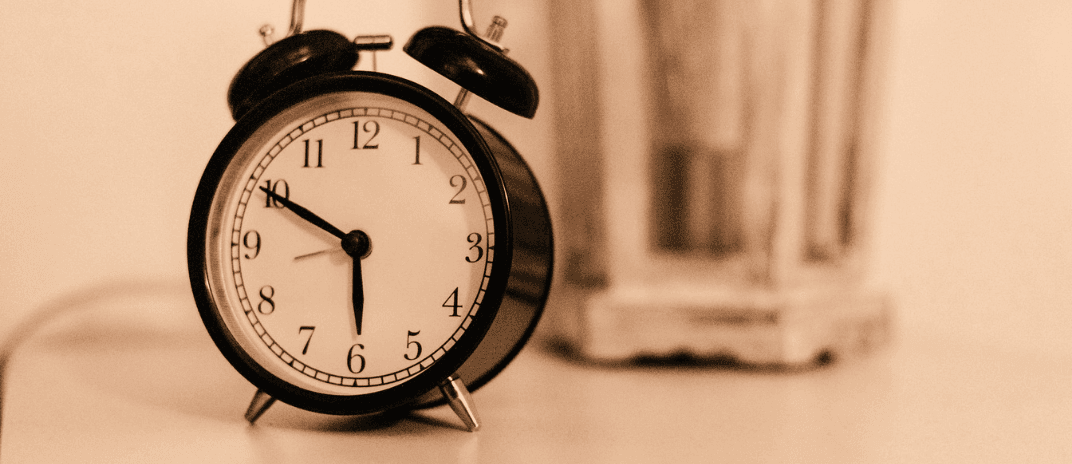
Is 5 hours of sleep enough for us? Well, it is likely not enough for optimal health. The general recommended sleep duration for adults is 7 to 9 hours each night so anything below that could negatively impact your overall health and well-being.
In this article, we’ll delve into the adverse effects of only 5 hours of sleep on memory, mood, concentration, immunity, and quality of life.
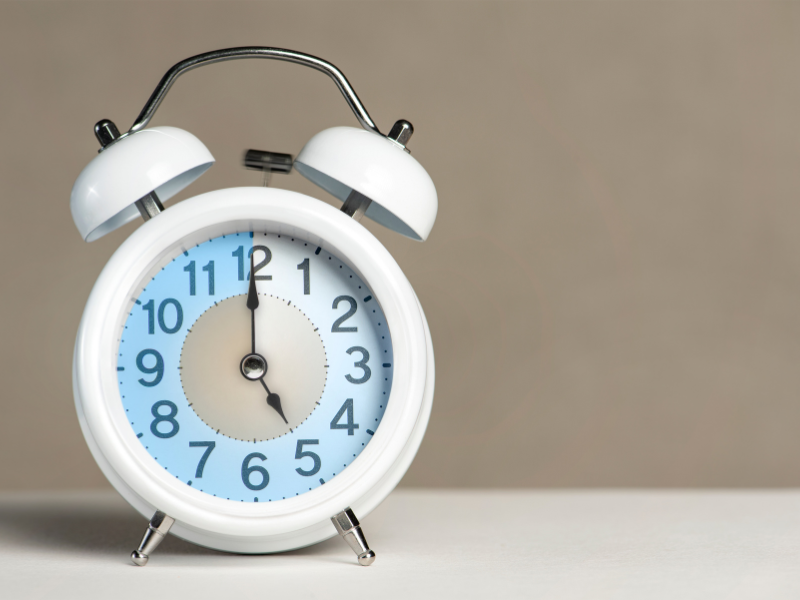
If you consistently get insufficient sleep at night, it can have a significant impact on your mental and physical health. Five hours of sleep isn’t enough to support your overall well-being.
This is true except for a small percentage of adults. Short sleepers are those who may feel well-rested and refreshed even with less than 6 hours of sleep a night. It is a short sleep duration that happens naturally.
According to the American Academy of Sleep Medicine, in the U.S., there are many adults who are getting less than 6 hours of sleep each night but they are not short sleepers. This may cause them to have insufficient sleep syndrome, causing poor quality sleep [1].
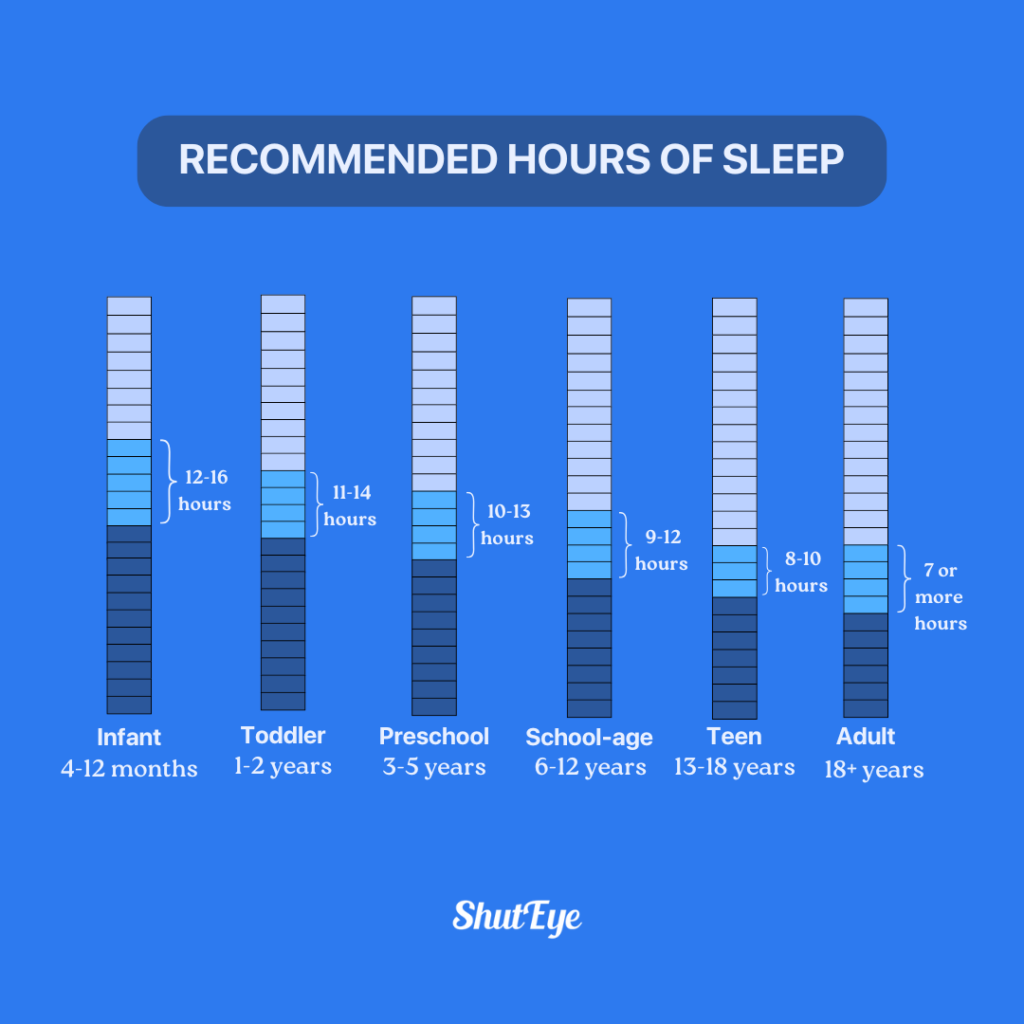
For optimal health and well-being, the National Sleep Foundation recommends adults get at least 7 to 9 hours of sleep per night [2]. Getting enough sleep is essential for overall functioning and to prevent sleep deprivation.
Not getting enough sleep could lead to you accumulating a sleep debt. It can also impact your memory, mood, concentration, and immune system.
To ensure you get enough sleep, it’s important to prioritize sleep and establish good sleep habits. By making sleep a priority, you can improve your overall health and well-being. Above is also an infographic that lets you know the amount of sleep needed by age group.
When it comes to sleep, there’s always an endless debate on whether sleep quality or sleep quantity matters more. The truth is that they are both essential to ensuring that you are well-rested.
Sleep quantity refers to the total amount of sleep that you get per night. This is important to ensure that your body can go through the full sleep cycles throughout the night. Insufficient sleep quantity will affect your body’s ability to repair muscles, consolidate memories, and replenish your energy.
On the other hand, sleep quality refers to how well you sleep. It consists of four elements which are sleep latency, awakenings, wake after sleep onset, and sleep efficiency [3].
Good sleep quality ensures that you get enough deep sleep and REM sleep which are vital for tissue repair and emotional regulation.
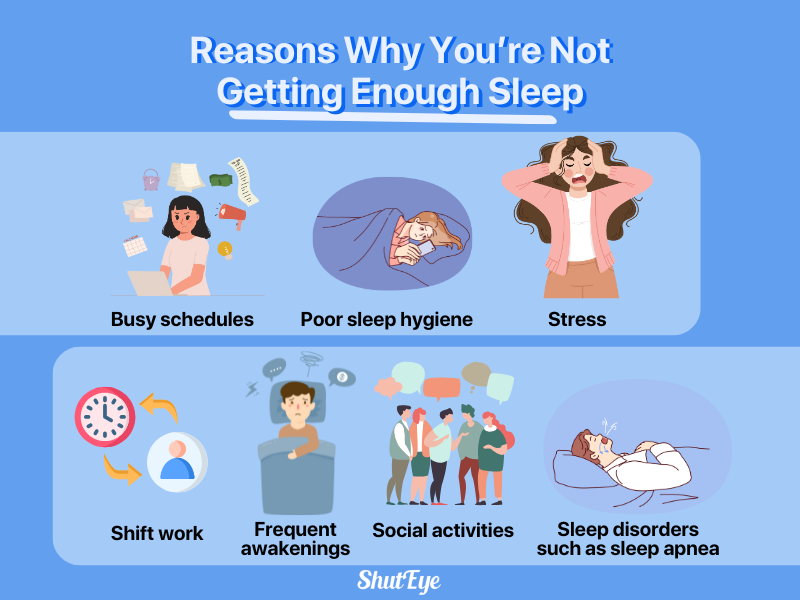
There are many reasons why you may not be getting enough sleep which include:
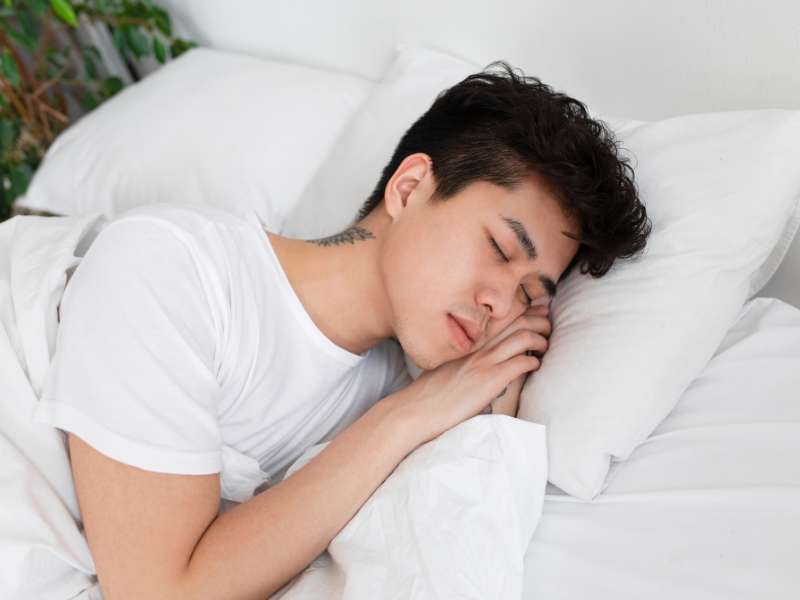
Sleep is a crucial component of good health. Getting enough sleep plays a role in weight management, emotional well-being, and mental and physical performance.
Other health benefits of sleep include:
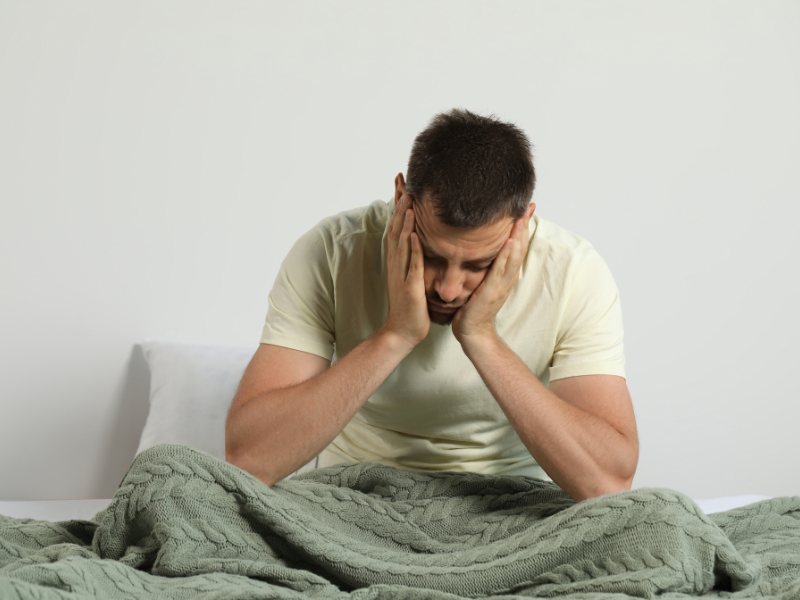
If you are consistently sleeping less than the recommended amount of sleep per night, it can affect you in many ways.
One of the main effects of sleep deprivation is that it causes trouble with learning, reacting, and focusing. The common scenarios can be difficulty in making decisions, solving problems, remembering things, managing your emotions, or coping with new changes. You are likely to take a longer time to absorb this information and react accordingly [4].
Sleep deprivation is also linked to depression, suicide, and risk-taking behaviors. For children, they may experience mood swings, anger, or impulsiveness. Chronic sleep deprivation is also associated with long-term health effects such as high blood pressure, heart disease, and diabetes.

Getting enough quality sleep helps to support your performance throughout the day. If you lack sleep, you are likely to be less productive, have a slower reaction time, and make more mistakes.
It may also lead to microsleep, which are brief moments of sleep that can take place while you are awake. It’s not something that can be controlled.
An example of a microsleep episode is when you are driving on the road and you reach your destination but you aren’t aware of how you got there. Another example is not being able to absorb any information or understand what someone is saying even though they’re speaking coherently.
Some people may not be aware of the risk of not getting enough sleep, thinking that they can function well. A lack of sleep and being awake for too long can mimic the same effects of having your blood alcohol concentration (BAC) of 0.05%— the level used for drunk driving violations in certain countries [5].
Also, it has been estimated that drowsy driving has been the cause of over 6,000 fatal car crashes each year. However, sleep deprivation does not only affect drivers. It can also affect healthcare workers, shift workers, lawyers, students, and more.
Getting more sleep can be achieved by making sleep hygiene a priority. Here are some tips that can improve your sleep quantity and quality at night:
If you are still unable to get proper sleep after trying these methods, you may want to consult with a sleep specialist to determine whether you have an underlying sleep disorder and receive proper treatment.
In conclusion, consistently getting only five hours of sleep can have detrimental effects on your physical and mental health. It’s important to get at least 7 hours of sleep a night and also ensure that you have adequate sleep quality.
To improve your sleep quality at night, try out the ShutEye® app. ShutEye® is a science-backed sleep app that tracks your sleep cycle and offers sleep tips to ensure that you can get a good night’s sleep.
American Academy of Sleep Medicine (2021) What is a short sleeper? [online]. Available at: https://sleepeducation.org/sleep-disorders/short-sleeper/
CDC (2020) Risks from Not Getting Enough Sleep: Impaired Performance [online]. Available at: https://archive.cdc.gov/www_cdc_gov/niosh/emres/longhourstraining/impaired.html
National Heart, Lung, and Blood Institute (2022) How Sleep Affects Your Health [online]. Available at: https://www.nhlbi.nih.gov/health/sleep-deprivation/health-effects
National Sleep Foundation (2020) How Much Sleep Do You Really Need? [online]. Available at: https://www.thensf.org/how-many-hours-of-sleep-do-you-really-need/
National Sleep Foundation (2024) What Is Sleep Quality? [online]. Available at: https://www.thensf.org/what-is-sleep-quality/